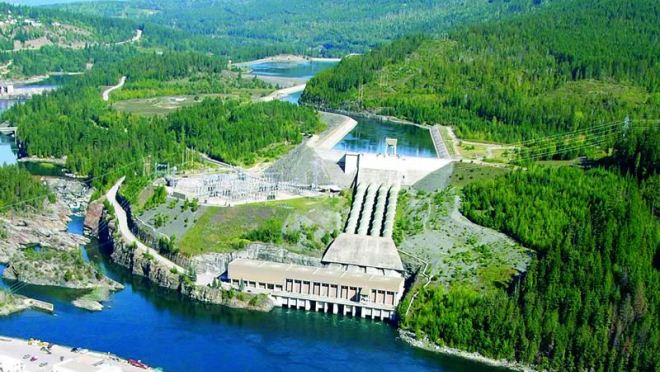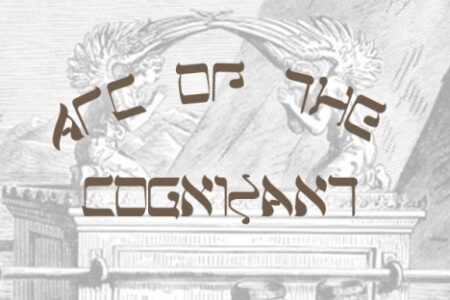YEAR IN REVIEW: MLA Conroy speaks to Columbia River Treaty negotiations and their impact
On Dec. 7, I was sworn in as B.C.’s new Minister of Finance.
I was also honoured to retain my role as minister responsible for the Columbia Basin Trust, Columbia Power Corporation and the Columbia River Treaty. As 2022 comes to a close, it’s worth reflecting on this year’s progress towards a modernized Columbia River Treaty.
This year, Canada and the U.S. held three rounds of negotiations and a series of technical meetings, leading to the most promising advancements since discussions about the treaty’s future began in 2018. The two countries have now exchanged multiple proposals, and teams on both sides of the border are working hard to find common ground.
During the recent negotiations in Spokane, Washington, this past October, the two sides moved closer to alignment on aspects of ecosystem co-operation and increased flexibility for how Canada operates its treaty dams, and further advanced views on hydropower co-ordination, and flood-risk management. Negotiators also resumed discussions around increasing collaboration around Libby Dam operations.
Flexibility is a key issue for the Canadian negotiating team, which includes Canada, B.C. and the Ktunaxa, Secwepemc and Syilx Okanagan Nations.
It would help us adjust treaty operations in B.C. to enhance ecosystems, support Indigenous cultural values, adapt to the impacts of climate change, and address objectives for social and economic interests.
Canada’s Negotiation Advisory Team is examining different ways of operating the dams to meet these goals while continuing to enable power generation and flood-risk management. Indigenous Nations are leading research to develop objectives for ecosystems and Indigenous cultural values, and the Columbia River Treaty Local Governments Committee is developing objectives for socio-economic interests.
Transboundary collaboration on ecosystems also progressed in October, when Global Affairs Canada and the U.S. Department of State co-hosted a workshop on Columbia River ecosystems and Indigenous and Tribal Cultural Values.
Members of the U.S. and Canadian negotiating teams joined representatives from Indigenous Nations, Tribes and other organizations from both sides of the border to discuss how co-ordination on these issues can be improved.
Participants described the workshop as historic, noting it was the first time these parties have engaged in such conversations.
Throughout such a busy year, the partnership between B.C., Canada and the Ktunaxa, Secwepemc and Syilx Okanagan Nations has only grown stronger. We continue working hand in hand towards a treaty that represents all those in the Columbia Basin. It’s worth noting that this level of participation by Indigenous Nations in an international negotiation is unprecedented.
It is a testament to the resilience of our Indigenous partners and a demonstration of the governments of Canada and B.C.’s commitments to meaningful reconciliation. All parties involved recognize this collaboration has made our path towards a modernized treaty more effective.
We have continued engaging with Basin citizens to make sure they are kept up to date and see their input reflected in the treaty modernization process. This included hosting two virtual information sessions last spring that allowed participants to hear from and ask questions of key members on the Canadian negotiation delegation and those leading studies to seek ecosystem improvements through the treaty.
When Canada and the U.S. are close to an agreement, we will go back to Basin communities to explain what is being proposed and provide the opportunity for comment before a modernized treaty is finalized.
The momentum gained this past year gives me confidence that we will reach agreement on a treaty that reflects the needs of the Columbia Basin, now and into the future.
There is no deadline for these negotiations, but all parties are working hard to create a treaty that benefits both countries. I look forward to what next year holds.


























Comments